
D&B Soundscape Upgrades
Driven by a dedication to innovation, customer feedback and with a sharp focus on continuous improvement, these latest updates to the d&b Soundscape platform further enhance a user’s ability to deliver stand-out multi-dimensional audio imaging, resolution and emulated acoustics.
A Soundscape system has three elements: DS100 Signal Engine, the hardware platform with comprehensive matrix functionality that can operate in a standalone system configuration mode or be combined with one or both of two software modules, En-Scene, an object-based positioning tool, and En-Space room-emulation software.
The latest feature updates are: Scenes – hardware-based scene memory capabilities within the DS100 Signal Engine and for the Soundscape software platform; two new room signatures within En-Space; and a configurable ‘Spread factor’ for function groups in En-Scene.
SCENES
Scenes enables snapshots of all DS100 and Soundscape parameters (Matrix / En Scene & En Space) to be stored within the DS100 hardware memory.
The user can create scenes in R1, d&b’s remote control software, offline without the DS100 for later transfer to the DS100 hardware memory. These scenes can be recalled from there using R1, but also via OSC commands – either as a direct call to a desired scene number or by stepping through the Scene list step by step using the “Next” / Previous” function. These OSC functionalities allows d&b systems to be easily integrated into third party control systems – from advanced show control software such as Q-Lab up to creation of UIs on a tablet or smartphone with e.g. TouchOSC.
SPACES
En-Space room emulation software is an in-line technology, meaning to generate or expand the acoustic environment it does not use microphone feedback loops. Its simple setup and operation, make access to some of the world’s most acoustically renowned performance spaces a reality for installation and touring both indoors and outdoors.
Two new rooms, from Ravenna Italy join the existing seven concert and recital halls, significantly extending the scope of En-Space room emulation. With the very short and “dry” reverberation of 1.3 sec from the Alegrie Theatre and the (massive & manifold) 5.6 sec from the Cathedral of San Vitale, users now have two new environments at their fingertips. These additional Space options are distinctly different from the extraordinary concert halls already available and open up new applications and new creative possibilities for existing designs.
SPREAD FACTOR FOR FUNCTION GROUPS
Uniquely, the Soundscape software allows for loudspeakers to be combined into Function Groups. This ability to organize and address loudspeakers by groups – according to their function within the whole loudspeaker system (like mains, front fills, delays, etc) is one of the things that ensures the incomparably flexibility and simple operation of a d&b Soundscape system.
The new “spread factor” further increases the functionality and flexibility of these function groups: With an individual spread factor per function group, the user can now adjust how the spread setting of the objects are handled by the various function groups, thus determine the energy distribution between the loudspeakers within the different function groups according to the specific needs of the setup.
“In the field, we’re seeing people use the DS100 and the Soundscape software toolkit in all sorts of interesting and creative ways – some of them far beyond that we expected or could even imagine – we’re delighted to find that in the hands of sound designers and mixers the results are really impressive,” said Georg Stummer, Product Manager, d&b audiotechnik.
“These latest updates are driven by feedback from real users which, as always, is a vital part of the product development process for us.”
This Soundscape toolkit is fully integrated into the d&b workflow, so it can be used with an existing d&b system in the familiar ArrayCalc and R1processes and routines, similar in operation to any conventional d&b loudspeaker system. The extent of the loudspeaker system configuration is in the hands of the user: the more loudspeakers used, the greater the resolution and stability of the sound over the audience area. The system configuration can be extended to a full 360 surround design for venues the size of an arena, enveloping the entire audience in exceptional clarity and detail.


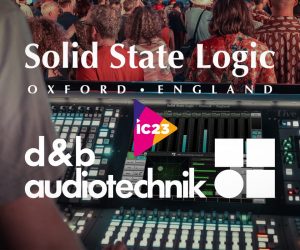


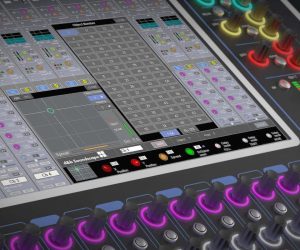

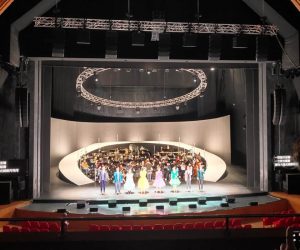



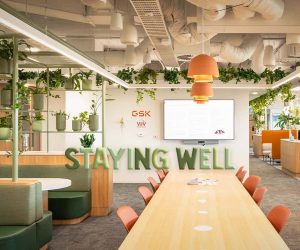

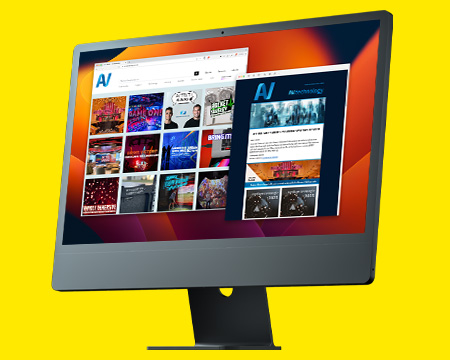
RESPONSES